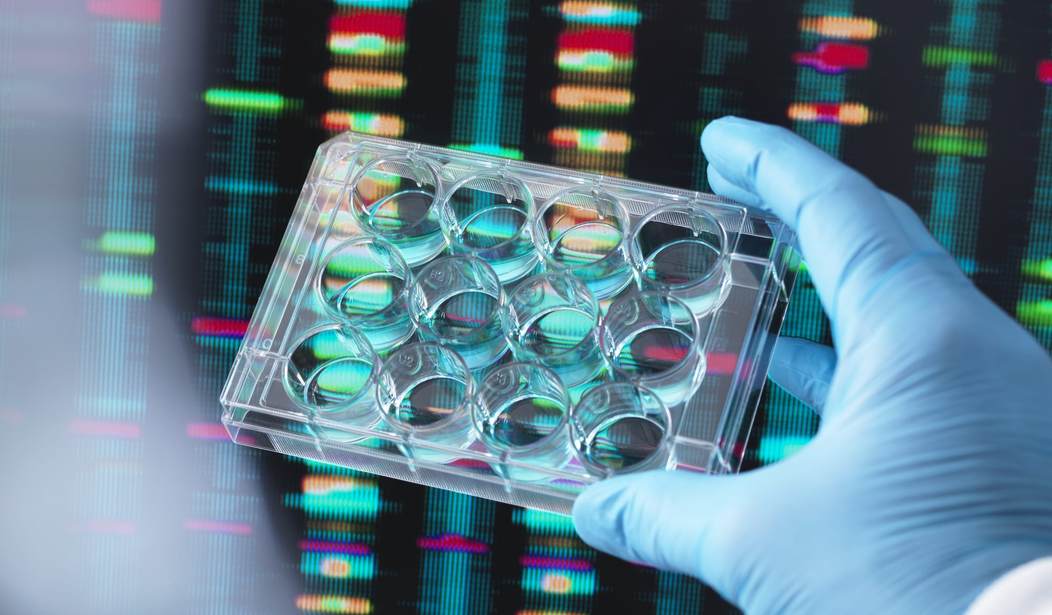A recently released Pew Research survey has found that Americans’ views about gene editing are more nuanced than previously thought. Pew reports Americans are more in favor of it now than they used to be, provided it’s to treat diseases. “About seven-in-ten Americans say that changing an unborn baby’s genetic characteristics to treat a serious disease or condition that the baby would have at birth is an appropriate use of medical technology,” part of the report reads. About a quarter of those surveyed said that would be “taking technology too far.”
A smaller share of Americans polled said gene editing to reduce a baby’s risk of developing a serious disease or condition over their lifetime is appropriate, and only 19 percent of Americans say they would be okay with using gene editing to make a baby more intelligent. As one might suspect, opinions on gene editing vary by background. People who were highly religious were more opposed to it, particularly if it was used only to make babies more intelligent.
For decades, gene editing was a thing of science fiction. But now with the development of CRISPR, an acronym describing gene splicing technology, it has become a reality. With it, public opinion has shifted as technology has improved and made it possible. Wired reports that Chinese scientists are pushing CRISPR-based tools “toward human therapies the fastest” and they “have used a cutting-edge Crispr technique, known as base editing, to repair a disease-causing mutation in viable human embryos.” Recently at the United Kingdom’s Nuffield Council on Bioethics, officials said genome editing could be “ethically acceptable in some circumstances.”
While it’s surprising and somewhat of a relief that many Americans aren’t just jumping on board the gene editing train, the tools, which are almost advancing as fast as the mind can imagine, may make discernment harder in the future. Another caution with CRISPR is the amount of testing that uses viable embryos. Embryos have all the DNA necessary to become a human life. Some scientists might say it’s just collateral damage in the quest to cure diseases before they even affect babies, but embryos too should be protected human lives and handled with care. Still, it’s a positive sign in terms of bioethics, that Americans are hesitant to utilize the latest in scientific technology to play God.









Join the conversation as a VIP Member